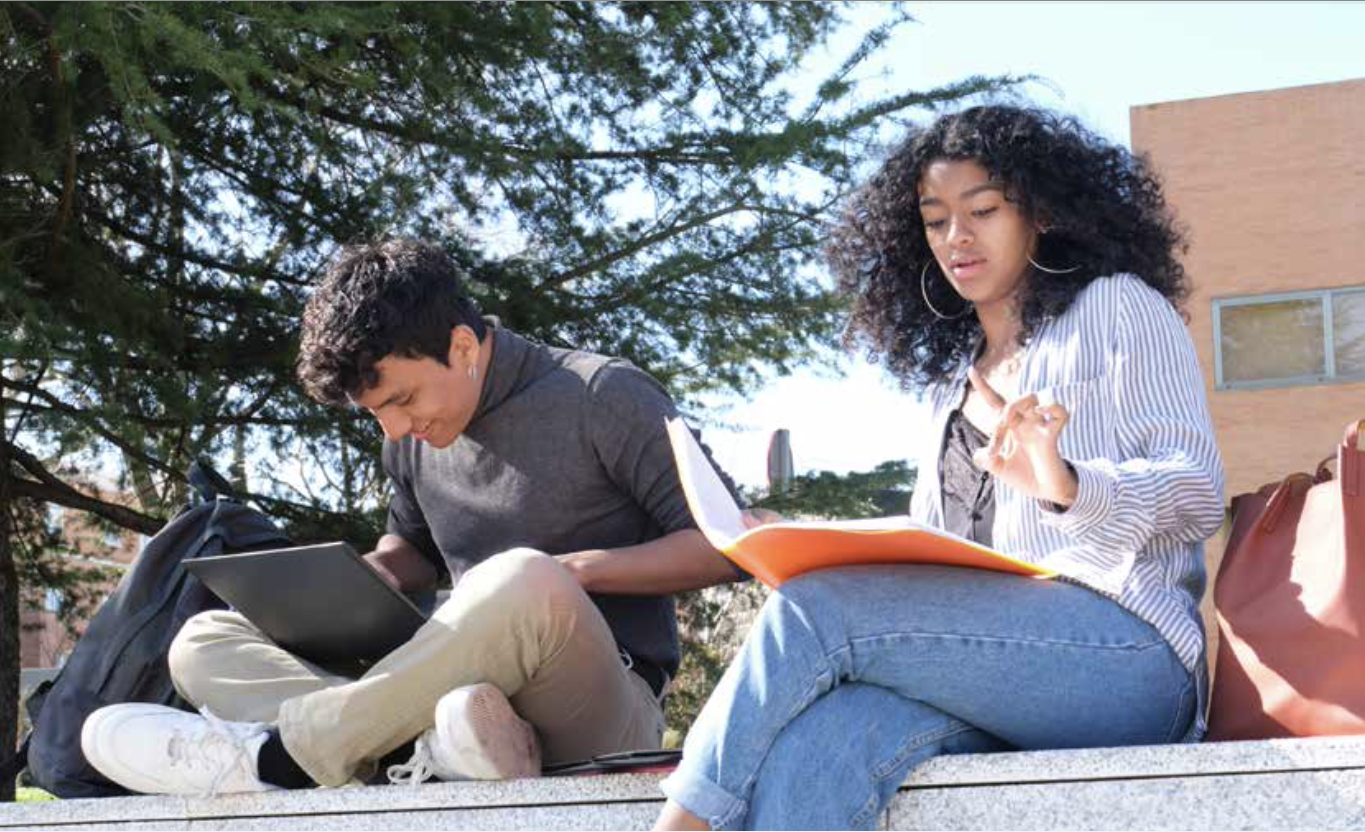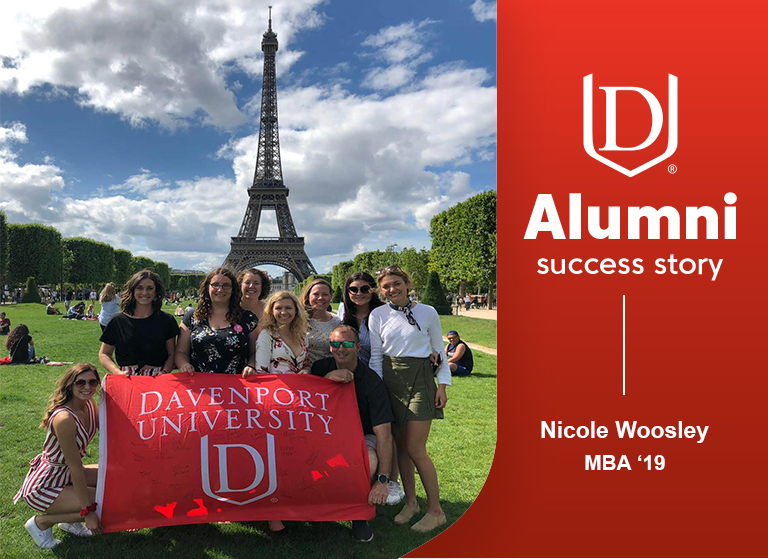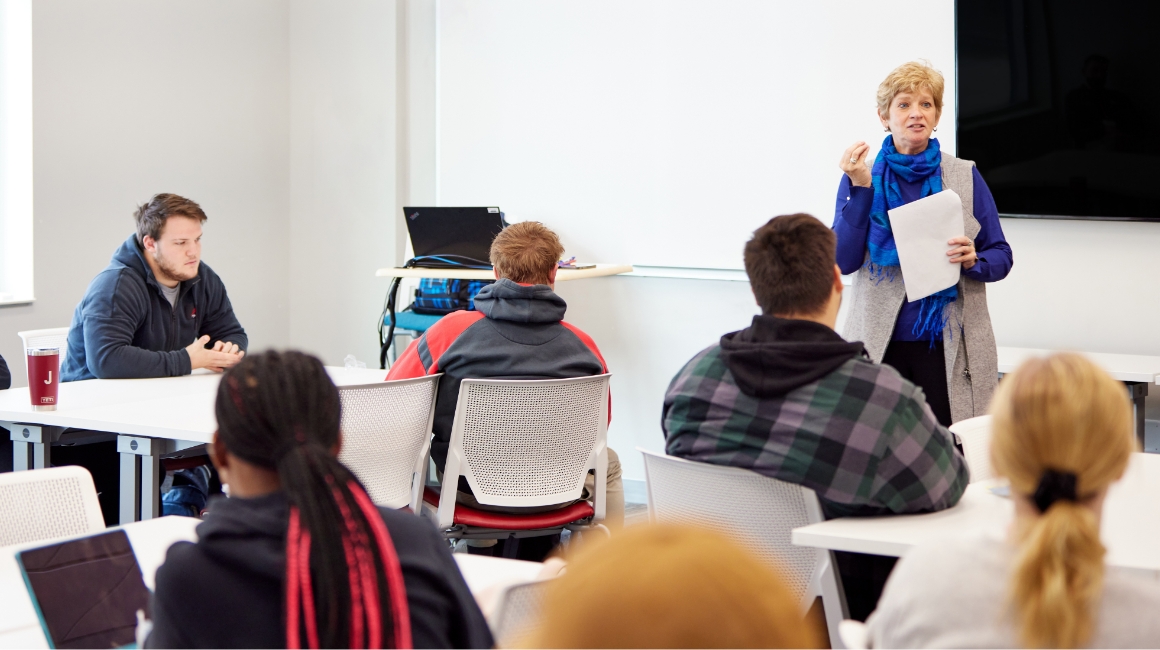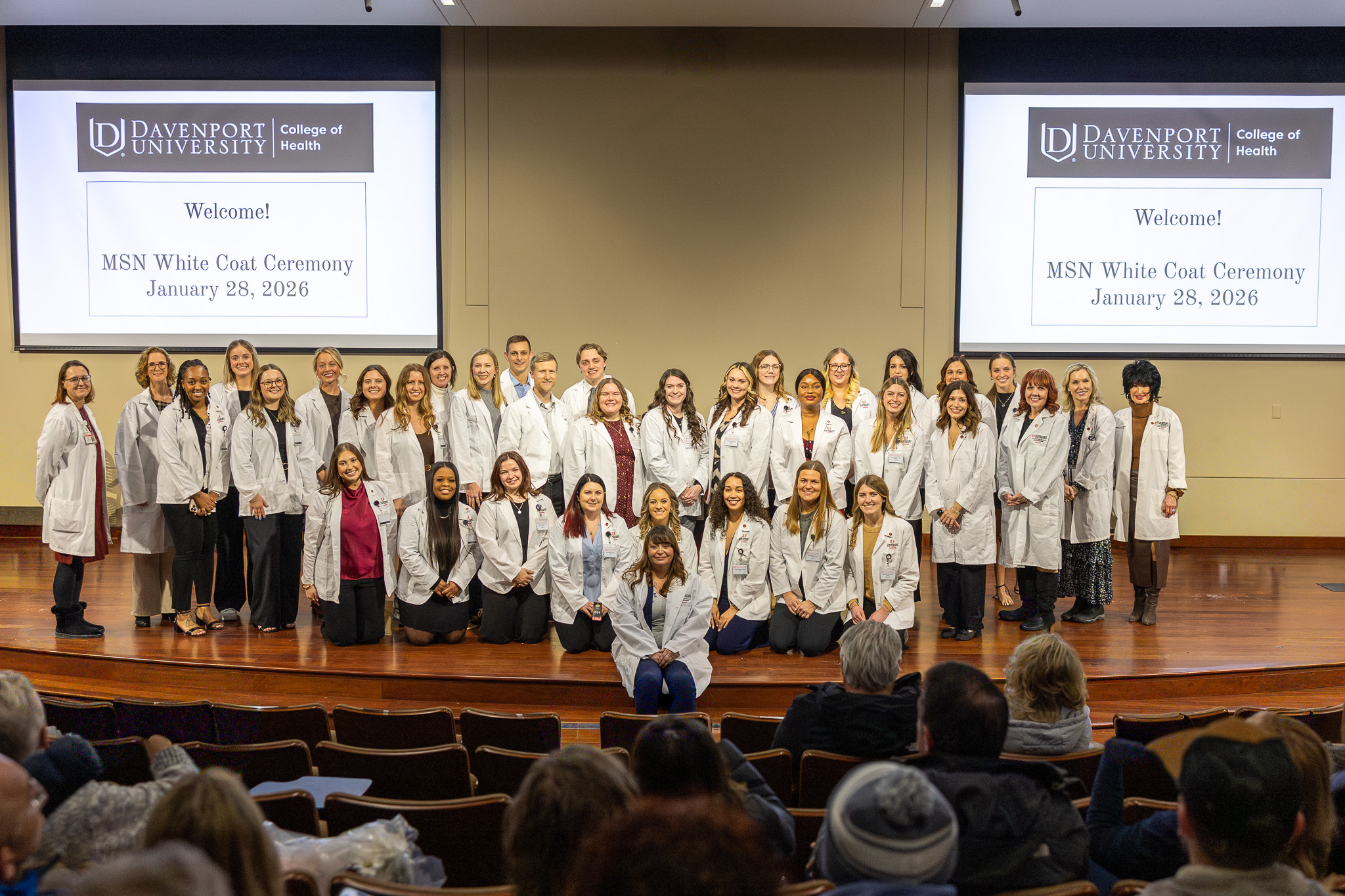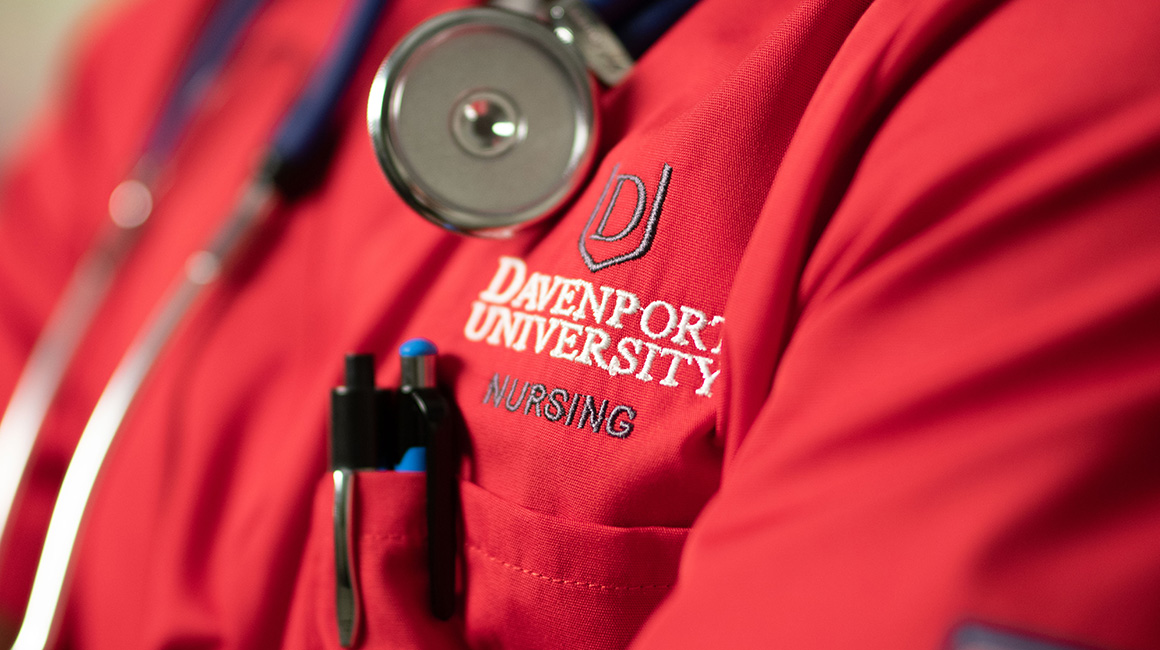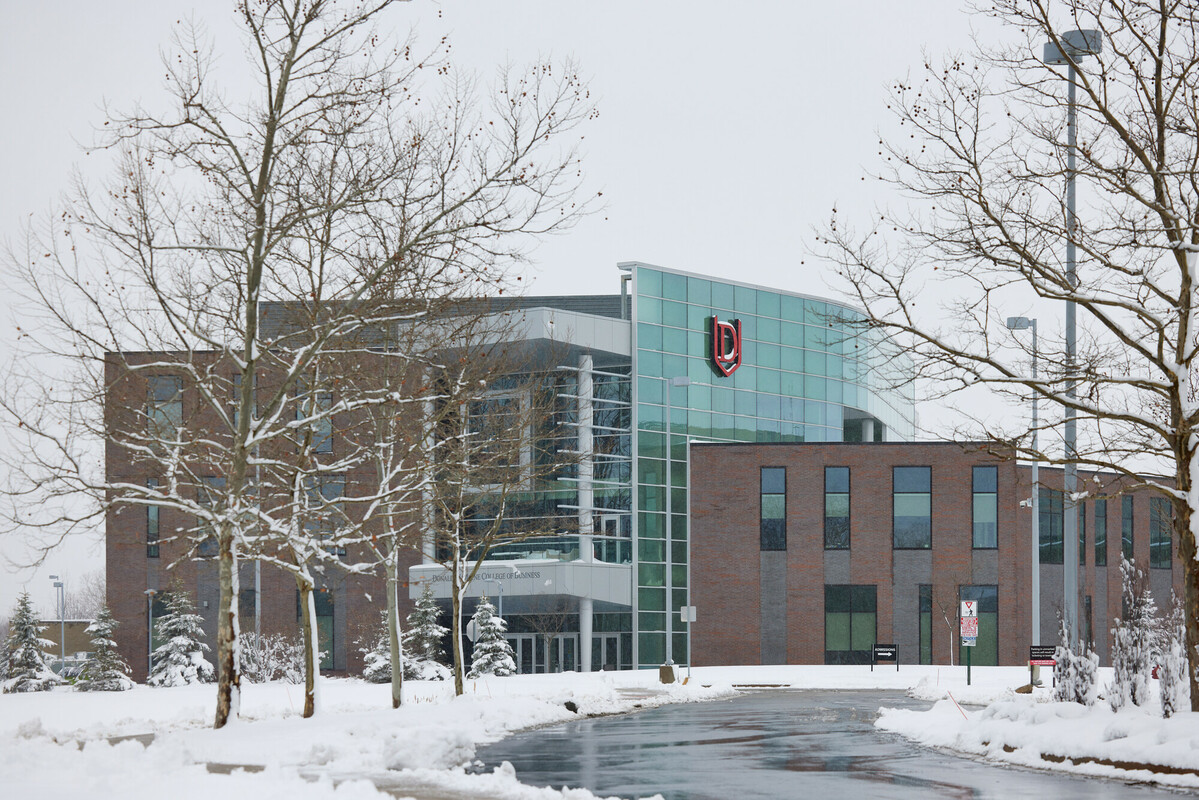The demographics of the U.S. are shifting. According to the Pew Research Center, those of Hispanic descent make up approximately 29% of the total U.S. population, with numbers expected to rise to 128 million by 2050. And despite being the fastest-growing population in the country, the Latino/a/x population is the least represented in higher education. The report also shared that in 2021, only 23% of the U.S. Hispanic population held a bachelor’s degree or higher.
The state of Michigan is seeing similar trends. During the 2020-21 school year, MI School Data reported that Hispanic/Latino students made up 3.5% of total university enrollees in Michigan.
These trends inspired Davenport University to create a program designed to advance the education of the nation’s growing bilingual population. Starting in fall 2024, Davenport will introduce its Casa Latina program, a robust suite of fully bilingual academic degree programs, supports and services to help students navigate through each step of higher education in both English and Spanish. The program will also offer students bilingual services, integrated throughout the university, including admissions, financial aid, student life and advising.
This program will pave the way for more Latino/a/x students to earn a higher education while addressing a growing need for bilingual talent across the global economy.
“Davenport University is committed to being at the forefront of innovation in higher education,” said Dr. Richard J. Pappas, president. “We are committed to creating and implementing new ideas to continue supporting our students’ needs while increasing accessibility across all of our colleges and degree programs.”
Currently, there isn’t another university in Michigan and few across the country creating university-wide degree programs and supports that are fully bilingual.
“Recognizing that Spanish is the second largest language spoken in the U.S. and that the U.S. has the second largest population of Spanish speakers in the world, Davenport’s Casa Latina program will help to ensure that we strengthen Michigan’s English-Spanish-speaking workforce in business, health, urban education, technology and the sciences,” said Pappas. “We will graduate students who are equally fluent and professionally proficient in English and Spanish for their chosen degree program. Bilingualism, fully developed, provides cognitive, socioeconomic and professional advantages that become an asset to the community and the employers for whom Casa Latina graduates will serve.”
Carlos Sanchez, Davenport’s new executive director of Casa Latina, said, “These courses will be reflective of those currently offered regarding content, objectives and academic rigor. This program is not about learning Spanish or learning English; it is about graduating with the professional proficiency of a degree in both languages, preparing students for highly sought-after professions across several global industries.”
Sanchez joined Davenport in the fall of 2022 to lead the university’s work with the Latino/a/x community and will be instrumental in the launch of the program.
“When it comes to advancing language skills, comprehension precedes production; people can usually understand a language before they can speak it or write it,” said Sanchez. “This is an important piece of formulating the existing curriculum into the bilingual format that fits each degree program and the classes within it.”
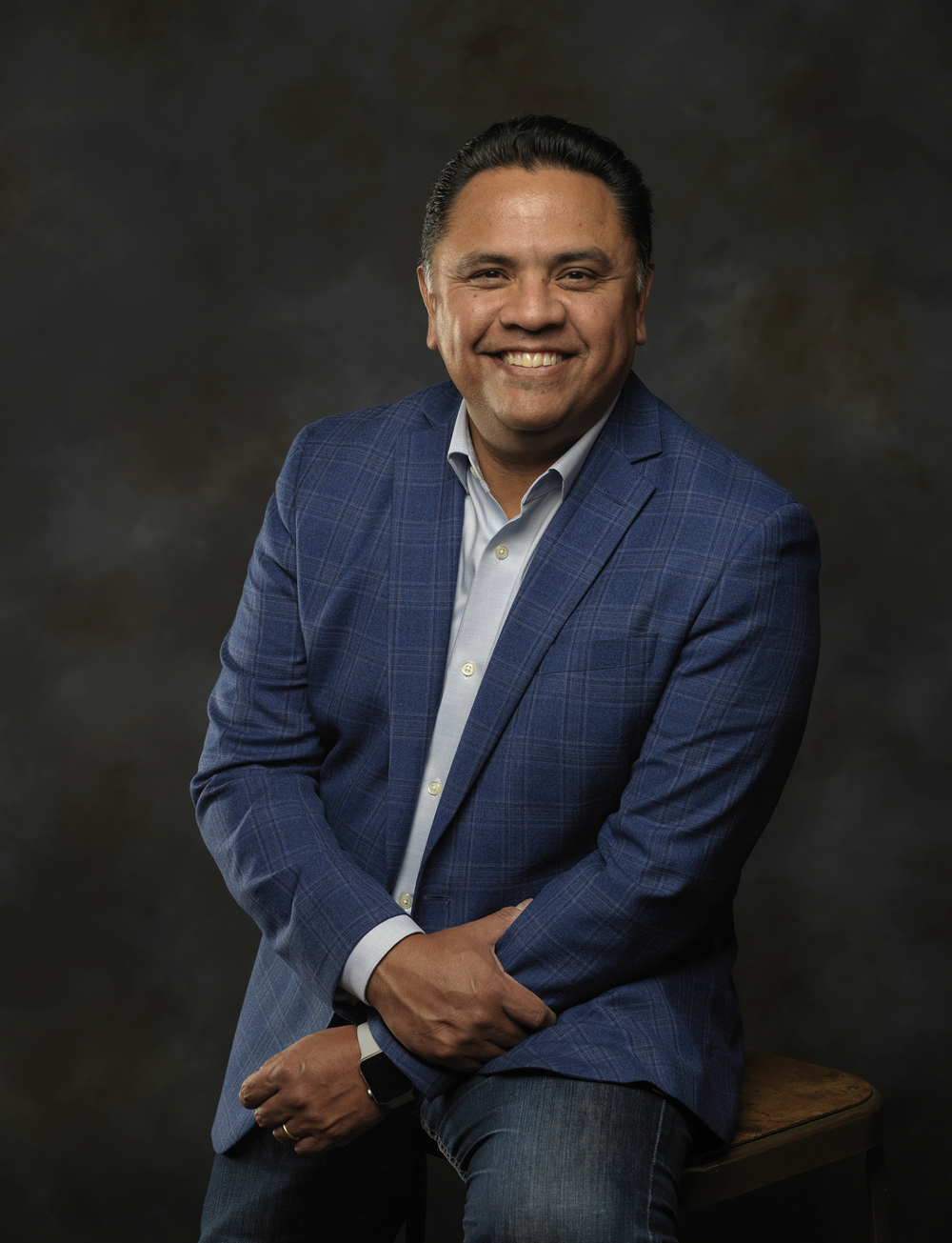
Davenport will use a systematic approach to curriculum development to determine what needs to be in English and what needs to be in Spanish. Ultimately, lessons will alternate between languages, but the details of that layout will be specific to each program’s curriculum, class and profession.
For instance, accountants often use terms such as equity, accruals, dividends, etc. This terminology, and how it is discussed within the profession, will be covered in both English and Spanish, as part of the curriculum. Just like learning the discourse of a particular career, constructing communications (oral or written) that are culturally responsive and appropriate is essential to the bilingual professional.
This approach will create confidence in each student’s bilingualism while building their professional proficiency in both languages. Graduates will ultimately become fluent in their professional discourse, vocabulary and content of their careers.
“Community is important and, thus, is integral to the success of Casa Latina,” Sanchez said. “Davenport will utilize a community engagement approach to build upon a family- oriented culture and develop support through strategic partnerships to mobilize resources and sustain this initiative long term.”
The community has come together to support the launch of Casa Latina with generous gifts to the ELEVATE campaign. These donors include the Daniel & Pamella DeVos Foundation, the M.E. Davenport Committee through the M.E. Davenport Foundation, the Steelcase Foundation, and Steve and Tana Wessell in memory of Tyrus R. Wessell.
An advisory board will be established to include community stakeholders to ensure Casa Latina will work closely within the fabric of the community to develop a pipeline for Latino/a/x enrollment, provide Latino/a/x college students with additional support from social networks and resources, and provide bilingual internships and post-graduation employment for Latino/a/x students.
To learn more about Casa Latina, visit Davenport.edu/elevate
Who can benefit from Casa Latina:
- A first-generation bilingual student who is the first in their family to attend college
- A professional interested in advancing their education and sees value in building out their professional discourse in both languages
- A prospective bilingual student who is most comfortable utilizing Spanish support services to enroll in and succeed in college
- A high school student who participated in a Spanish immersion program and would like to continue their bilingual education
Share This Story!
The demographics of the U.S. are shifting. According to the Pew Research Center, those of Hispanic descent make up approximately 29% of the total U.S. population, with numbers expected to rise to 128 million by 2050. And despite being the fastest-growing population in the country, the Latino/a/x population is the least represented in higher education. The report also shared that in 2021, only 23% of the U.S. Hispanic population held a bachelor’s degree or higher.
The state of Michigan is seeing similar trends. During the 2020-21 school year, MI School Data reported that Hispanic/Latino students made up 3.5% of total university enrollees in Michigan.
These trends inspired Davenport University to create a program designed to advance the education of the nation’s growing bilingual population. Starting in fall 2024, Davenport will introduce its Casa Latina program, a robust suite of fully bilingual academic degree programs, supports and services to help students navigate through each step of higher education in both English and Spanish. The program will also offer students bilingual services, integrated throughout the university, including admissions, financial aid, student life and advising.
This program will pave the way for more Latino/a/x students to earn a higher education while addressing a growing need for bilingual talent across the global economy.
“Davenport University is committed to being at the forefront of innovation in higher education,” said Dr. Richard J. Pappas, president. “We are committed to creating and implementing new ideas to continue supporting our students’ needs while increasing accessibility across all of our colleges and degree programs.”
Currently, there isn’t another university in Michigan and few across the country creating university-wide degree programs and supports that are fully bilingual.
“Recognizing that Spanish is the second largest language spoken in the U.S. and that the U.S. has the second largest population of Spanish speakers in the world, Davenport’s Casa Latina program will help to ensure that we strengthen Michigan’s English-Spanish-speaking workforce in business, health, urban education, technology and the sciences,” said Pappas. “We will graduate students who are equally fluent and professionally proficient in English and Spanish for their chosen degree program. Bilingualism, fully developed, provides cognitive, socioeconomic and professional advantages that become an asset to the community and the employers for whom Casa Latina graduates will serve.”
Carlos Sanchez, Davenport’s new executive director of Casa Latina, said, “These courses will be reflective of those currently offered regarding content, objectives and academic rigor. This program is not about learning Spanish or learning English; it is about graduating with the professional proficiency of a degree in both languages, preparing students for highly sought-after professions across several global industries.”
Sanchez joined Davenport in the fall of 2022 to lead the university’s work with the Latino/a/x community and will be instrumental in the launch of the program.
“When it comes to advancing language skills, comprehension precedes production; people can usually understand a language before they can speak it or write it,” said Sanchez. “This is an important piece of formulating the existing curriculum into the bilingual format that fits each degree program and the classes within it.”

Davenport will use a systematic approach to curriculum development to determine what needs to be in English and what needs to be in Spanish. Ultimately, lessons will alternate between languages, but the details of that layout will be specific to each program’s curriculum, class and profession.
For instance, accountants often use terms such as equity, accruals, dividends, etc. This terminology, and how it is discussed within the profession, will be covered in both English and Spanish, as part of the curriculum. Just like learning the discourse of a particular career, constructing communications (oral or written) that are culturally responsive and appropriate is essential to the bilingual professional.
This approach will create confidence in each student’s bilingualism while building their professional proficiency in both languages. Graduates will ultimately become fluent in their professional discourse, vocabulary and content of their careers.
“Community is important and, thus, is integral to the success of Casa Latina,” Sanchez said. “Davenport will utilize a community engagement approach to build upon a family- oriented culture and develop support through strategic partnerships to mobilize resources and sustain this initiative long term.”
The community has come together to support the launch of Casa Latina with generous gifts to the ELEVATE campaign. These donors include the Daniel & Pamella DeVos Foundation, the M.E. Davenport Committee through the M.E. Davenport Foundation, the Steelcase Foundation, and Steve and Tana Wessell in memory of Tyrus R. Wessell.
An advisory board will be established to include community stakeholders to ensure Casa Latina will work closely within the fabric of the community to develop a pipeline for Latino/a/x enrollment, provide Latino/a/x college students with additional support from social networks and resources, and provide bilingual internships and post-graduation employment for Latino/a/x students.
To learn more about Casa Latina, visit Davenport.edu/elevate
Who can benefit from Casa Latina:
- A first-generation bilingual student who is the first in their family to attend college
- A professional interested in advancing their education and sees value in building out their professional discourse in both languages
- A prospective bilingual student who is most comfortable utilizing Spanish support services to enroll in and succeed in college
- A high school student who participated in a Spanish immersion program and would like to continue their bilingual education
Share This Story!
Stay connected!
Get the latest Davenpost News delivered to your inbox!
Related Stories
Tell me a little about yourself, Nicole! What did you study at Davenport, and what are you doing now? I [...]
Davenport University was honored with a prestigious Silver Award at Chief Learning Officer’s LearningElite Gala on Thursday, November 6. The [...]
This is an article in a series on Davenport’s first-generation students, meaning neither of their parents has a bachelor’s degree. [...]
Latest Stories
Following a long-honored tradition in the medical field, Davenport University recognized 31 Master of Science in Nursing (MSN) students Jan. [...]
Nurses from Davenport University are preparing to embark on an unforgettable journey to Istanbul, Turkey, as part of the College [...]
Few leaders embody the intersection of service, compassion and discipline quite like Tyler Hippey, MBA ’22. Not long ago, he [...]

